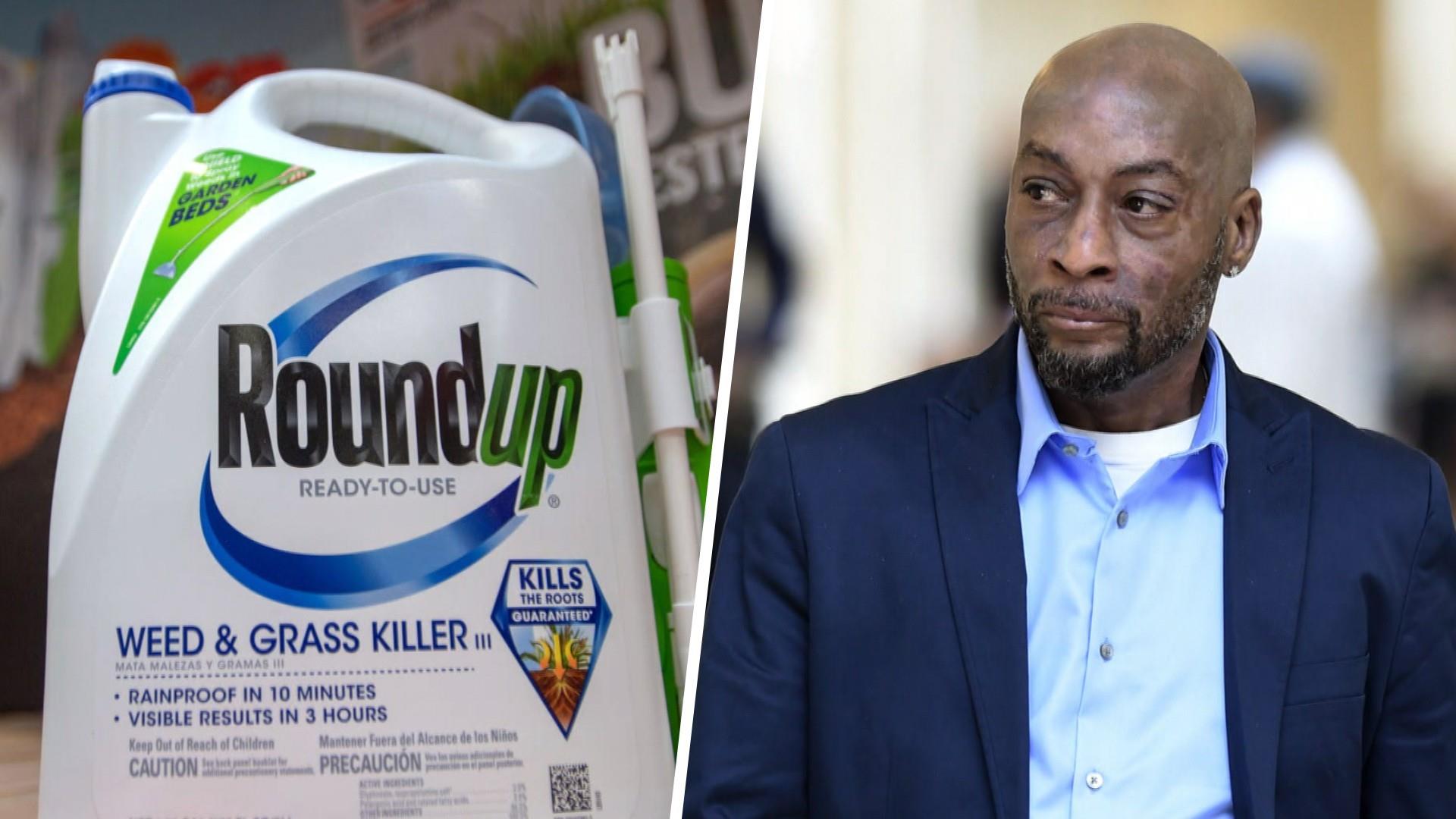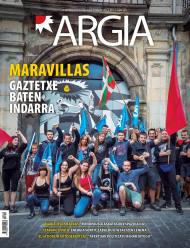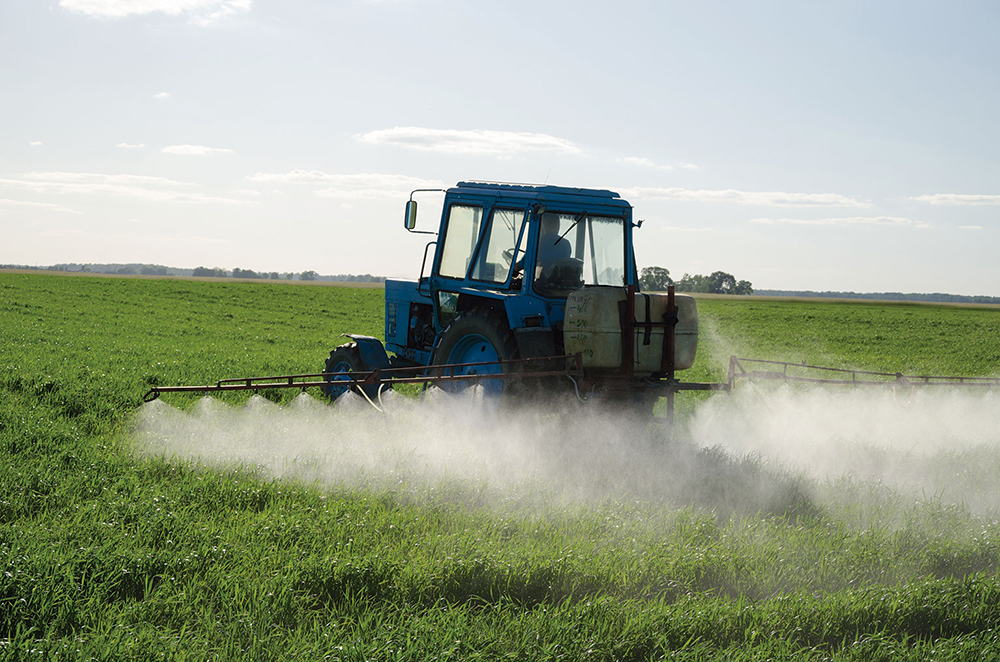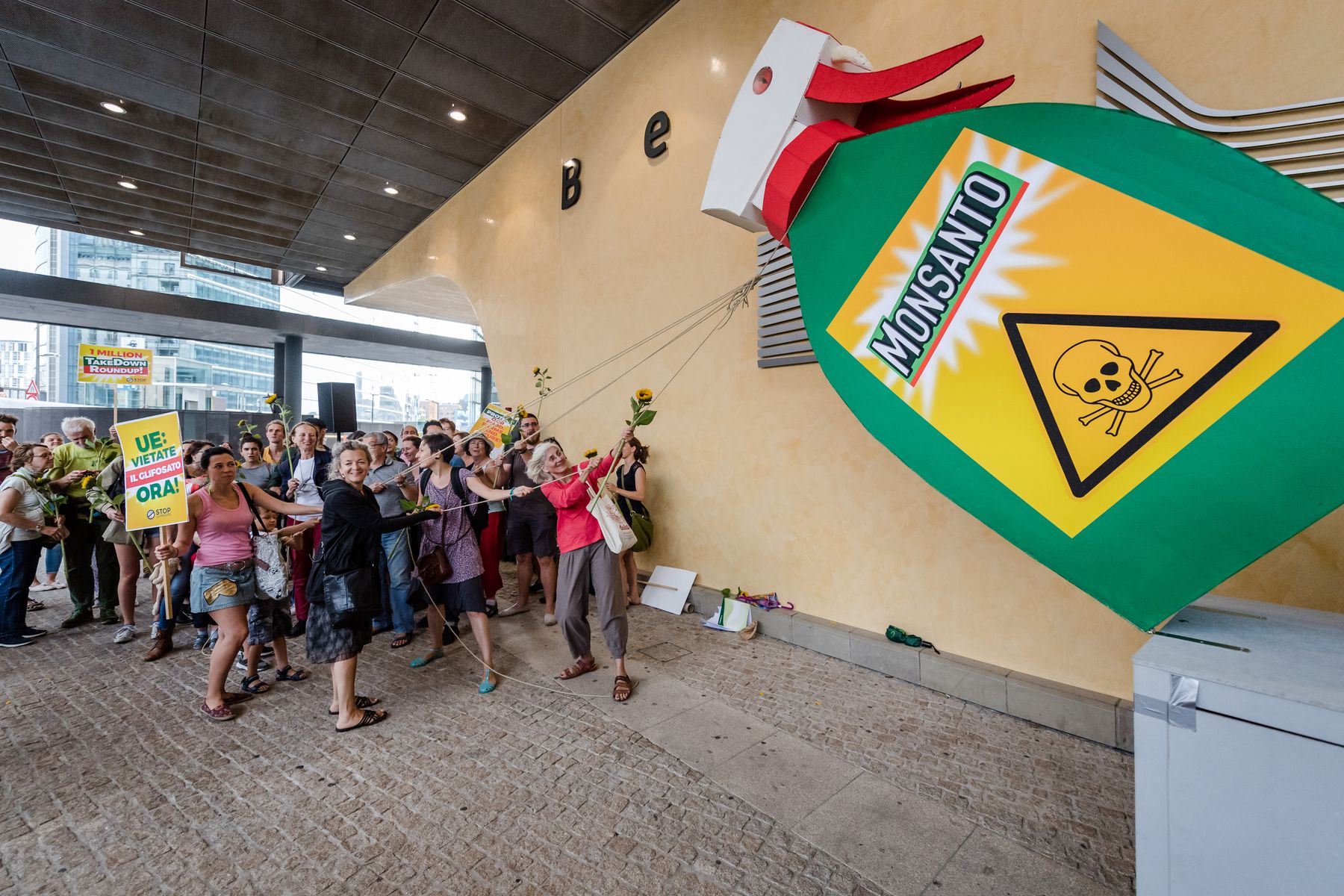Will Dewayne Johnson's cancer help to ban Roundupa?
- Monsanto will have to pay $289 million to a San Francisco municipal employee for the cancer suffered by Roundup, which has caused the death of man. This was determined by a Californian court on 11 August in the EITB Multibox Hall. The historical ruling has once again brought to public debate the most consumed chemical herbicide in the world that has been suspected for years. Will it serve to ban what is one of the pillars of industrial agriculture? Or will professional and amateur farmers remain blind?

It is a historic decision that has been taken by a jury composed of Californian citizens who, for the first time, an US ruling links the glyphosate used to kill weeds from orchards and crops, mostly known commercially as Roundup, with cancer. The jury has found that at age 46 he was influenced by Dewayne Johnson's Roundup Lymphoma, which has been announced to him a few months of life, due to its use in gardening work for San Francisco City Hall.
The judgment can also have significant consequences in Europe, as plant protection products containing carcinogenic effects cannot be placed on the market under Community legislation. Or, if not, that the wind will take you next to the busiest holiday news of August 2018?
On the subject, the broadcaster France Culture interviewed two experts, the journalist of Le Monde Stéphane Foucart, awarded with reserved information from Monsanto, and the professor of the University of Normandy Emilie Gaillard, member of the popular trial of Monsanto in The Hague 2016. We have summarized their analyses.
The August judgment of the California judges is based on an event that occurred two years ago. In 2015, the International Center for Research on Cancer IARC, branch of the World Health Organization, established as “likely” that glyphosate may cause cancers in humans. Since then, 4,000 families have filed lawsuits in the United States as responsible for families suffering from Ez-Hodgkin lymphomas against Monsanto.
To deal with the crisis, Monsanto and the entire agro-chemical industry in general have carried out an intense lobby campaign for two years to counter the IARC report. And they have succeeded in getting both the EU and US food safety officials to question the 2015 IARC report.
“This demonstrates – says Fousbury – the serious divorce between academic science and regulatory science on the one hand. The first [group of experts convened by the IARC] studies the topic in a classical way, analyzing and contrasting hypotheses. But the science that is taken into account by the regulatory authorities of Europe and EE.UU. It's what the industrialists themselves create to ask for permission, controlled science."
Internal papers declassified by order of U.S. judges. United States In 2017, they made it possible to learn more about how controlled science works, disguised as famous academics. It was noted that the researchers themselves of the multinational Monsanto have also been concerned about their products for some time, but the responsible researchers say that it is not appropriate to interfere in the ways that could jeopardize the marketing of these products.
Monsanto's lobbygism for its products reminds us of what the tobacco industry had been doing 40 years ago, but to a greater extent. In the internal documents found to Monsanto in 2017 by court order, it has been demonstrated that the research to whiten the Roundup was created by the company itself expressly and -pagada- was in charge of signing known scientists to publish them under its name in scientific journals. Some of these reports are some of the main ones that have justified the absence of risk of glyphosate for years.
Most of the 'yonki' poison agriculture
From the point of view of the scientific debate, Monsanto’s secret documents obtained in 2017 made the issue very clear: if the company questions all the documentation it has disseminated in the trap, the science that glyphosate is dangerous appears much more transparent. And this August, the San Francisco jurors have laid the case law through the judgment with what the IARC said.
But it will take a long time to reach a final judgment. Monsanto, recently bought by the German multinational Bayer, has an army of lawyers and is going to appeal. The Roundup is key in the scheme of the agricultural industry organized on GMOs, giant farms and machining.
The California ruling has led to the work of the Monsanto Tribunal, which was held in The Hague in 2016. In the analysis of the risks and damage of the Roundup in the Dutch capital, in addition to important work on the ecocide crime, the jury highlighted the need for global authorities to face a new phenomenon: that the risks of a product condition the lives of future people.
According to Emilie Gaillard, who participated in the Monsanto Court, it is happening with glyphosate and other pesticides in general very similar to what has happened for years with asbestos: despite the damage suffered by the asbestos industry for decades, it has been shown that the risks are not sufficiently proven on the one hand and that there is no better alternative through the pressure of farmers to do so.
The fact is that European legislation recognises the precautionary principle, i.e. that if there is a well-founded suspicion of the risk that a product may present to man or the environment, the authorities should act in accordance with the precautionary principle, prohibiting marketing if necessary. In this regard, the Monsanto Tribunal in The Hague, taking a step forward from the rhetorical accusation of the multinational, left the authorities fully prepared their legal arguments for political decisions.
But the California ruling, will things change? At what speed? Glyphosate is the most widely sold and used plant protection product in the world. About 800,000 tonnes are used worldwide each year. Most farmers, at least economically important, have become accustomed to controlling the grasses of their fields and orchards with Roundup, could not function without it.
But glyphosate, in addition to the peasants, has many more junkies. The public administrations have distributed the Roundup in maintaining margins of roads, streets, parks, etc. Amateur horticulturists are other fanatic poisoners who, like herbicides, uncontrollably propagate all the matons of the class. After so much stir, even if it seems incredible, the half-kilo boat of Roundup is sold freely in the shops of Euskal Herria: the card granted by the administration for the handling of dangerous poisons is not necessary in figures less than one kilo. Curious: If you're going to be asked to buy a Bordelese broth that's approved in organic farming!
(This video, released by the Galician ecologist group ADEGA, shows how a convoy of the Spanish rail public network ADIF is rubbed in Galicia with glyphosate, as well as many other services of the administration)
Glifosatoa baliatzeko hamar urteko luzapena babestu du Europako Batzordeak. Herbizida gisa munduan gehien erabiltzen den produktu kimikoa da, eta potentzialki minbizi sortzaile izateagatik ezaguna da.
Europako Batzordeak 2022. urtearen amaierara arte eta baldintzarik gabe luzatuko du glifosatoaren baimena, EBko Landare, Animalia, Elikagai eta Pentsuen Batzordean (SCoPAFF) estatu kideek horren alde bozkatu eta gero. Eurolegebiltzarrak eskatua zuen bost urte barrurako erabat... [+]
2016ko hasieratik bosgarren aldiz, Europako Batzordeak ez du lortu EBko estatu kideen gehiengoa glifosato herbizidari baimena luzatzearen alde agertzea. Indarrean dagoen baimena aurtengo abenduaren 31n iraungiko da, eta beste hamar urterako berritu nahi du Batzordeak,... [+]
Urriaren 25ean glifosato herbizidaren merkaturatze-baimena luzatu edo eteteaz bozkatuko dute Europar Batasuneko estatu kideek. Aurtengo abenduaren 31n iraungiko da gaur egun indarrean dagoen baimena, eta Europako Batzordeak beste hamar urterako berritzea proposatu du, 2015ean... [+]






















